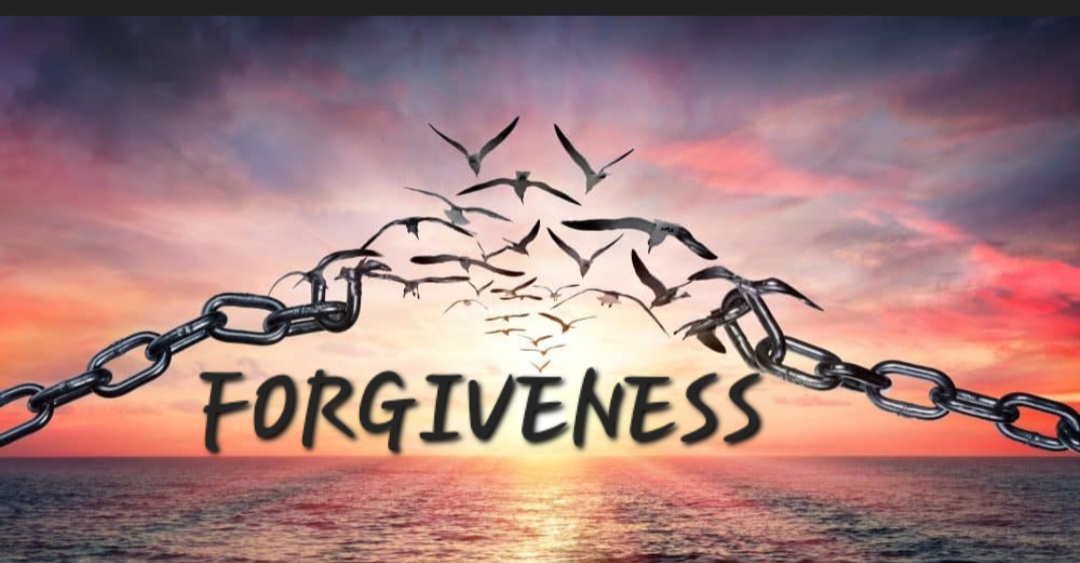Without a deep personal commitment to self-forgiveness, we are destined to be chained to our past actions. It is not about finding the direction to justify one’s actions or feelings. Nor is it a method of reconciliation. It is about ownership and complete accountability. Without personal acknowledgement for the world we have created, we remain caught in the pain and hurt with our histories. To stop our repetitive cycles of retribution, we must rethink our notion of forgiveness.
One idea is this: Most of us have betrayed and hurt others, while others have hurt us as well. To navigate these times, having the ability to forgive ourselves is critical to evolving beyond our past exploits. If successful, we can begin to let go of the misdeeds of others.
Without the personal accountability of our past, it is difficult to accept that our repetitive actions would not occur. Absent a clear sense of self-awareness, our world can never be truly released from the sorrows that we continue to carry.
Personally, I believe that most of us have suffered terribly from the past. It is hurtful to be disliked or despised by others for our actions. Without forgiveness, we falsely fuel the illusions that the interpersonal discomforts we carry will eventually heal our pain.
There is strength in forgiveness. By focusing on mercy rather than criticism, we can begin to construct a life that is absent of self-imposed pain and the resulting uneasiness that we point towards others. Personal clemency is vital. Once accessed the prolongation of suffering for ourselves and others will stop. We soon realize how sorrow and pain led us to our own wrongdoings. Forgiveness enables us to hold our pain with compassion.
Fortunately, our ability to utilize personal empathy has a brilliant ending. It acknowledges that regardless of the suffering from our actions or the activities of someone else, we will steadfastly hold others in our hearts.


 Bud Megargee is a former senior behavioral healthcare executive; a Washington, DC., healthcare lobbyist; and an independently published, best-selling and award-winning author. He began writing after exploring Eastern philosophy and alternative medicine techniques in the professional treatment of emotional challenges at a Taiwanese Buddhist monastery.
Bud Megargee is a former senior behavioral healthcare executive; a Washington, DC., healthcare lobbyist; and an independently published, best-selling and award-winning author. He began writing after exploring Eastern philosophy and alternative medicine techniques in the professional treatment of emotional challenges at a Taiwanese Buddhist monastery.